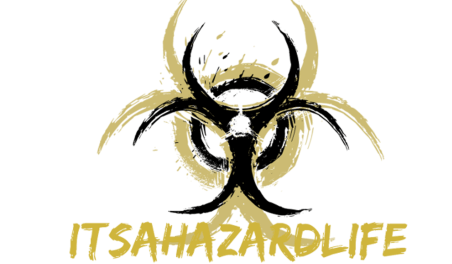
Reselling products can be a profitable business, but it’s essential to ensure that you’re only selling genuine products. The sale of counterfeit products is illegal and unethical, and it can harm your business reputation. Moreover, it can lead to legal action and financial penalties. Therefore, it’s essential to know how to spot fake or counterfeit products when reselling. In this article, we’ll discuss some tips to help you identify fake products and protect your business.
Understanding Counterfeit Products
Counterfeit products are items that are designed to look like the genuine product but are usually of inferior quality. They are made to deceive customers, and often, they are sold at lower prices than the original product. Counterfeit products can be found in almost any industry, including fashion, electronics, and beauty. They are often sold online or in marketplaces, but they can also be found in physical stores.
Tips to Spot Fake or Counterfeit Products
- Research the Product: Before buying products to resell, research the brand and the product. Visit the manufacturer’s website and learn about the product’s design, packaging, and labeling. Check for any unique features that the product should have, and familiarize yourself with the brand’s logo and font.
- Check the Packaging: Counterfeit products often have packaging that looks similar to the genuine product, but with minor differences. Check the packaging for any spelling mistakes, incorrect logos, or poor quality. Also, check the packaging for any signs of tampering or damage.
- Inspect the Product: Inspect the product thoroughly for any signs of poor quality or defects. Check the product’s weight, size, and color. Look for any misspelled words or incorrect labeling. Compare the product with the genuine product to identify any differences.
- Verify the Seller: When buying products to resell, only purchase from reputable sellers. Check their reviews, ratings, and feedback from other customers. Avoid buying from sellers with negative feedback or suspicious accounts.
- Check the Price: If the price seems too good to be true, it probably is. Counterfeit products are often sold at significantly lower prices than the genuine product. Be cautious of any product that is being sold at a heavily discounted price.
- Buy from Authorized Distributors: If possible, buy from authorized distributors or the brand’s official website. This will ensure that you’re purchasing genuine products and that you’re not supporting the sale of counterfeit products.
Consequences of Selling Counterfeit Products
The sale of counterfeit products can have severe consequences for your business. Here are some of the potential consequences of selling counterfeit products:
- Legal Action: The sale of counterfeit products is illegal and can lead to legal action against your business. You may face fines, damages, and even imprisonment.
- Loss of Business Reputation: Selling counterfeit products can harm your business reputation. Customers will lose trust in your brand, and it can lead to negative reviews and ratings.
- Financial Losses: If you’re caught selling counterfeit products, you may have to pay damages to the brand owner. You may also lose your investment in the products that you’ve purchased.
Conclusion
Spotting fake or counterfeit products when reselling is essential to protect your business and customers. Research the product, check the packaging and product, verify the seller, and buy from authorized distributors to ensure that you’re only selling genuine products. Selling counterfeit products can lead to legal action, loss of business reputation, and financial losses. Therefore, it’s important to take the necessary precautions to avoid selling counterfeit products.
FAQs
- How can I report a seller who is selling counterfeit products?
If you come across a seller who is selling counterfeit products, report them to the relevant authorities or the brand owner.
- What should I do if I accidentally purchase a counterfeit product?
If you accidentally purchase a counterfeit product, you should stop selling it immediately and dispose of it properly. You may also consider reaching out to the brand owner to report the counterfeit product.
- How can I educate myself about the authenticity of different products?
You can educate yourself about the authenticity of different products by researching the brand, checking the packaging and product, and buying from authorized distributors. You can also attend industry events and conferences to learn more about the products.
- Can reselling genuine products be profitable?
Yes, reselling genuine products can be profitable if done correctly. You need to find the right products to sell, and price them appropriately to make a profit.
- How can I protect my business from selling counterfeit products?
You can protect your business from selling counterfeit products by taking the necessary precautions, such as researching the product, checking the packaging and product, verifying the seller, and buying from authorized distributors. You should also educate your employees about the risks of selling counterfeit products and train them on how to spot fake products.
